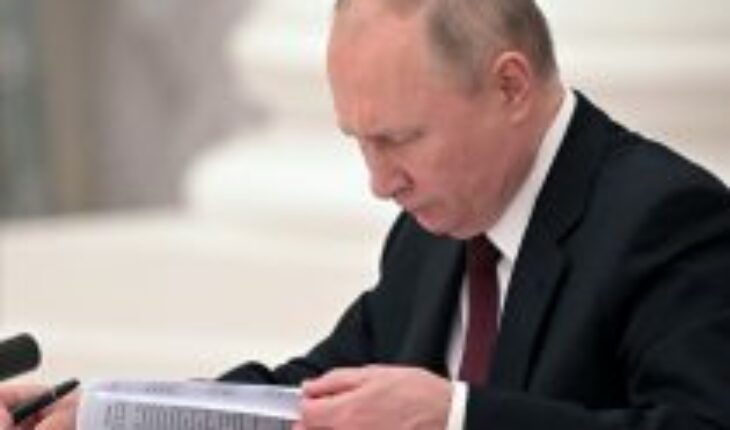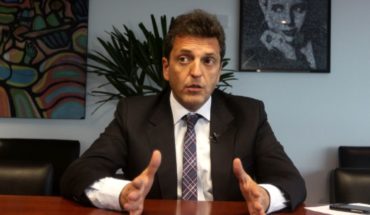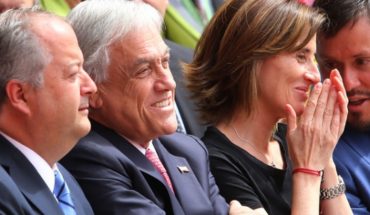Russian President Vladimir Putin on Monday signed a decree recognizing two splinter regions of eastern Ukraine as independent entities, upending the ante in a crisis that the West fears could result in war.
Putin had announced his decision in phone calls to the leaders of Germany and France, who expressed disappointment, the Kremlin said.
You may also be interested in:
Moscow’s move could torpedo a last-minute attempt to hold a summit with U.S. President Joe Biden to prevent Russia from invading Ukraine. The ruble widened its losses as Putin discussed the issue, falling 3.3% on the day to 79.83 to the dollar.
Putin made a lengthy televised speech, in which he made the announcement, delving into a history as distant as that of the Ottoman Empire and as recent as tensions over NATO’s eastward expansion, a key issue for Moscow in the current crisis.
He described Ukraine as an integral part of Russia’s past, without a tradition of authentic statehood of its own. He said the east of the country encompassed former Russian lands.
“If Ukraine were to join NATO, it would be a direct threat to Russia’s security,” he said.
Putin has been working for years to restore Russia’s influence over the nations that emerged after the collapse of the Soviet Union, and Ukraine occupies an important place in his ambitions.
Russia denies any plans to attack its neighbor, but has threatened unspecified “military-technical” action unless it receives broad security guarantees, including a promise that Ukraine will never join NATO.
Recognition of rebel-held areas could pave the way for Moscow to send military forces to the two separatist regions — Donets and Luhansk — and argue that it is intervening as an ally to protect them against Ukraine.
The European Union has warned of sanctions by the 27-nation bloc should Moscow annex or recognize splinter regions in eastern Ukraine and largely controlled by Russian-backed separatists.
“If there is annexation, there will be sanctions, and if there is recognition, I will put the sanctions on the table and the ministers will decide,” EU foreign policy chief Josep Borrell said after a meeting of the bloc’s foreign ministers.
Earlier this week, U.S. and European officials said Washington and its allies were not in full agreement on how to respond should support for pro-Russian separatists intensify.
It will also reduce diplomatic options to avoid war, as it is an explicit rejection of a seven-year ceasefire brokered by France and Germany, touted as a framework for future negotiations on the broader crisis.
Separately, Moscow claimed that Ukrainian military saboteurs had tried to enter Russian territory in armed vehicles, resulting in five deaths, an accusation Kiev rejected as “fake news.”
Both developments conform to a pattern repeatedly predicted by Western governments, which accuse Russia of preparing to manufacture a pretext for invading by blaming Kiev for the attacks and relying on requests for help from separatist proxies.
Hours earlier, French President Emmanuel Macron gave hope for a diplomatic solution, saying Putin and Biden had agreed in principle to meet.
But the Kremlin said there were no specific plans for a summit. The White House said Biden had agreed to the meeting “in principle,” but only “if there is no invasion.”
Washington claims that Russia has concentrated a force of between 169,000 and 190,000 troops in the region, including rebels from the breakaway regions, and that it could invade it in a matter of days.
European financial markets plunged on signs of further confrontation, having briefly risen on hopes that the summit could offer a way out of Europe’s biggest military crisis in decades.
The price of oil — Russia’s main export — rose, while Russian stocks and the ruble plunged.





